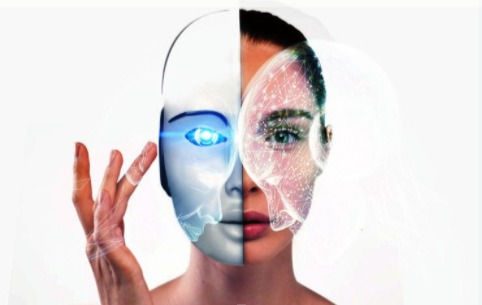The Future of Plastic Surgeries
- Bhuvee Jivangikar

- Mar 29, 2021
- 2 min read
Updated: Mar 29, 2021

Predictions are, that in the future we might continue to take selfies with the hashtag wokeuplikethis, but not post them on Instagram or Facebook, but the reason for this is something even more bizarre. Imagine this algorithm creating an in-depth analysis of your selfie as you continue to take these selfies every time you wake up and over some time, suggesting ideas or cures for that ‘problem’ that you might have on your face. I do not mean to say you look weird, alright? But the truth is that, all of us have our insecurities and when we know that this xyz technology exists, why not take a shot at it!
Be it a dental surgery or a facial one, the program helps you to visualize what the end product would be; that is, how is that particular area going to look post-surgery and modifications, and this visualization is made possible by the augmented reality (AR) technology.
AI can thus help healthcare professionals in this particular field to enhance their skill set as with the availability of more resources, they can make better decisions. Decision-making is bettered as these technologies aid with prognoses and diagnoses. This decision-making could be in terms of deciding the procedure of the treatment, all the way from when it begins to when it ends. This is because of the accuracy provided by these devices. These statistics that the devices provide can then be further analyzed and evaluated according to which medicines and treatment options can be chosen. Moreover, when the surgeons can visualize better, it does not only make them efficient but also gives the patient a better understanding of what the end product will be like and it could eliminate any possible disappointments within the patients which could have been caused due to miscommunication between them and the doctors.
Facial Recognition Technology (FRT) is another advancement in the field of healthcare. A common area where we see the FRT is in the Snapchat filters wherein your face is analyzed and deep connections are made. However, in the healthcare industry, FRT helps with understanding underlying medical conditions. The invention of applications such as the Face2Gene app helps with detecting genetic conditions such as Cornelia de Lange syndrome. People with this genetic condition exhibit certain facial characteristics, which the doctor might not be able to identify possibly because he/she might not have come across the same in their professional life before.
We feel that these innovations in healthcare that provide solutions using resources from the field of cyber-aesthetics have their strengths and limitations. This has opened doors for even more research, which would lead to more advancements in this field. Some of the obvious advantages are higher efficiency, lesser time, more accuracy, better decision making, etc. It might contribute to mental health as well, positively or negatively. However, the disadvantages could be the need for more cyber security and monitoring, as computer programs often bring along with them privacy concerns. Therefore, this technology must be used ethically.
We hope that this was worth a read :)
Please feel free to share your views and opinions with us!
-Bhuvee Jivangikar
Head of Blog Design at SHARP
References:
“Digital Health In Plastic Surgery And Cosmetics.” The Medical Futurist , 9 Feb. 2021, medicalfuturist.com/digital-health-in-aesthetics/.
Comments